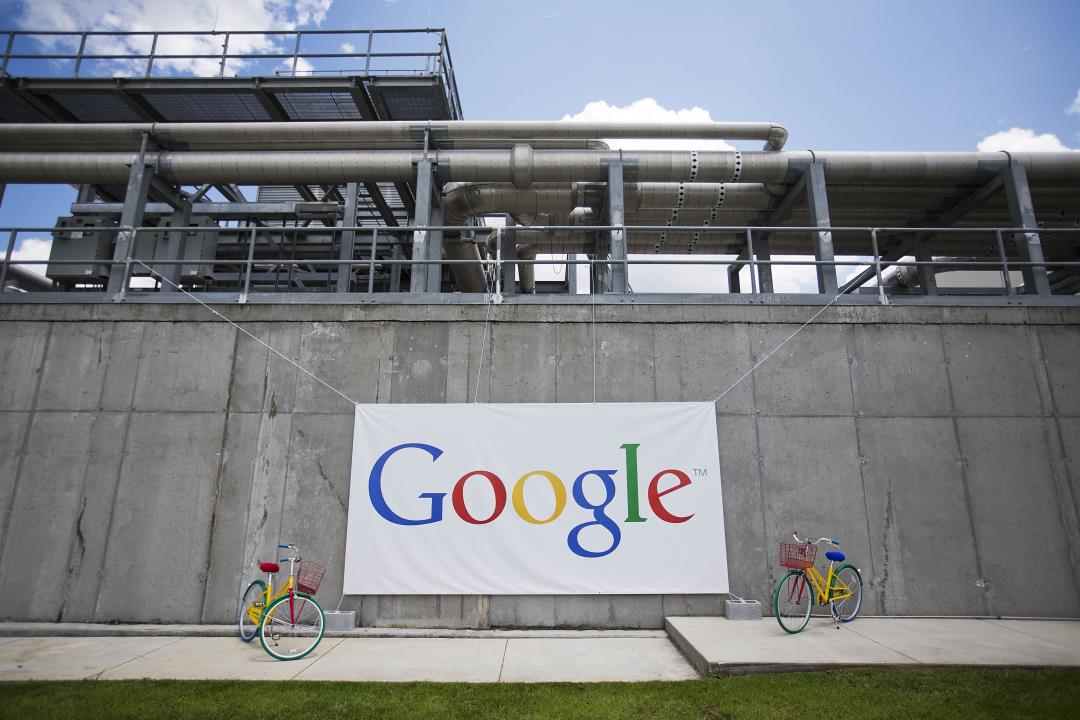Memes, reply-to emails and thousands of photos on our phones usually hold our attention for a short time and are quickly forgotten. But in terms of energy, they last a very long time. This is what Ian Hodgkinson, Professor of Strategy at Loughborough University, argues to the GuardianHis recent studies on junk data focus on the micro amounts of data we accumulate and what impact they might have on climate change. He says that while many people think of things like emails and digital photos as carbon neutral, “every piece of data, whether it’s an image, whether it’s an Instagram post, whatever, has a carbon footprint.”
Hodgkinson found that companies store huge amounts of junk data—68% of which is never used again—and that figure is likely to be similar for personal data usage. Storing all that data adds up in data centers, which—contrary to the name “cloud” (where much of our digital footprints are stored) might suggest—are “incredibly hot, incredibly loud” and “use a lot of energy,” he says. For companies, Hodgkinson and his colleague Tom Jackson write for the World Economic Forum, data centers can rival the airline industry. “Currently, companies produce 1.3 billion gigabytes of dark data per day,” they note, adding, “That’s 3,023,255 flights from London to New York.”
While tech companies that charge for cloud storage are financially motivated to hold onto our junk data stores, the cost is also environmentally damaging. According to Data Center Dynamics, energy consumption by data centers in the U.S. will double by 2030—largely due to the use of artificial intelligence. Hodgkinson believes that changing the way we think about data from something weightless and invisible to how much carbon its preservation consumes (an email is equivalent to 4 grams, or 0.14 ounces) can help change our habits. “That one image isn’t going to have a drastic impact,” he says. “But if you maybe go into your own phone and look at all the old images you have, cumulatively that leaves a pretty big impression in terms of energy consumption.” (Google’s emissions targets are now in jeopardy thanks to AI.)

